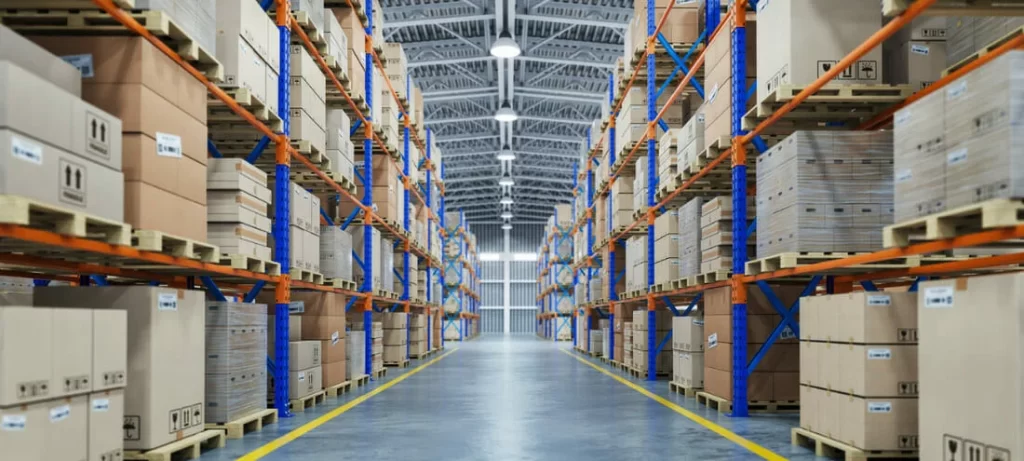In the dynamic landscape of logistics and supply chain management, the need for versatile goods storage centers has become increasingly apparent. These facilities offer a multitude of advantages, primarily centered around flexibility and adaptability, which are crucial in meeting the evolving demands of modern businesses. One of the primary advantages of versatile goods storage centers lies in their ability to accommodate a wide range of products and materials. Unlike traditional warehouses that may be designed for specific types of goods, such as temperature-sensitive items or bulky machinery, versatile storage centers are equipped with flexible infrastructure and technology. This allows them to store anything from perishable goods requiring refrigeration to oversized equipment that demands specialized handling. Moreover, the adaptability of these storage centers extends beyond physical space to operational efficiency. By leveraging advanced inventory management systems and automation technologies, they can efficiently organize and track inventory in real-time. These facilities are often strategically positioned in key transportation hubs or close to major markets.

This capability not only reduces the risk of errors but also enhances responsiveness to changes in demand or supply chain disruptions. Another significant advantage of versatile goods storage centers is their strategic location. This proximity minimizes transportation costs and transit times, thereby optimizing the overall logistics network of businesses. Furthermore, their accessibility facilitates quicker turnaround times for shipments, enhancing customer satisfaction and competitiveness in the market. Flexibility in scaling operations is another critical benefit offered by versatile storage centers. Businesses can easily adjust their storage requirements based on seasonal fluctuations, market trends, or expansion plans. This scalability ensures that companies do not overinvest in storage space during periods of low demand and can quickly ramp up capacity when needed, thus optimizing operational costs and resource allocation. In addition to operational flexibility, versatile storage centers contribute to sustainability goals. Many of these facilities are designed with eco-friendly practices in mind, incorporating energy-efficient lighting, waste reduction strategies, and even renewable energy sources where feasible.
By minimizing their environmental footprint, these centers align with corporate sustainability initiatives and regulatory requirements, appealing to environmentally conscious consumers and stakeholders. Furthermore, the versatility of these storage facilities enhances overall risk management for businesses. By diversifying storage locations and implementing robust security measures, they mitigate the risks associated with theft, damage, or natural disasters. This proactive approach not only protects valuable inventory but also safeguards business continuity and reputation. From a strategic perspective, versatile goods storage centers enable businesses to focus on their core competencies. By outsourcing storage and logistics operations to specialized providers, companies can allocate resources more effectively toward innovation, marketing, and customer service. This strategic alignment enhances overall business agility and competitiveness in the global marketplace. As global markets continue to evolve, the importance of istanbul eşya depolama centers will only grow, serving as strategic assets that drive operational excellence and business growth in an increasingly competitive environment.